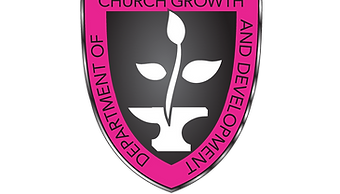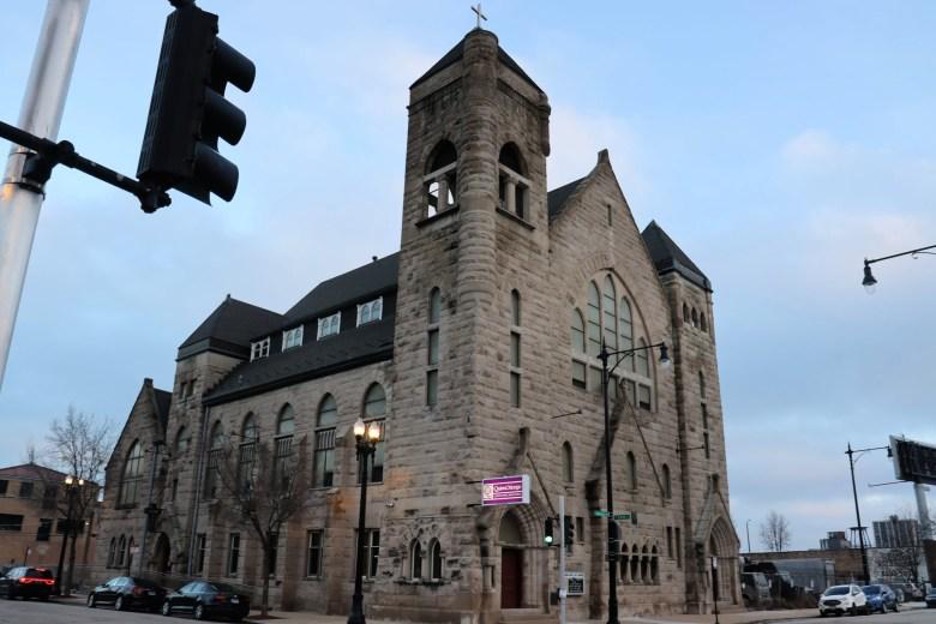The Advent Season
By Rev. William C. Legolie, II, 15th Episcopal District
The Advent season is a four-week period before Christmas that celebrates the anticipation and coming of Jesus Christ as the Messiah. The origin of Advent is from the Latin word “adventus,” which simply translates “coming” or “arrival.” Not only is the Christian meaning for preparation and celebration of the coming of Jesus Christ and his birth at Christmas but it also celebrates the new life when someone accepts Jesus Christ as their Saviour and the anticipation of Jesus returning.
The First Sunday of Advent marks the start of the liturgical year and introduces the Season of Advent, the four Sundays before the celebration of Christmas. Thus, the season varies in length between 22 and 28 days. It is the first part of the Incarnation Cycle that stretches from Advent through Christmas and the Season of Epiphany, to the celebration of Presentation of the infant Jesus in the Temple in accordance with the law 40 days after his birth.
P. F. Bradshaw and M. E. Johnson suggest that the Season of Advent has its origins in a season of preparation for both Christmas and Epiphany. Elements of its observance can be traced to the Byzantine preparation for the feast of Epiphany and other churches in the west outside Rome as a period of preparation for baptism at Epiphany. Additional emphasis is drawn from the Syrian tradition with a strong focus on the Annunciation, not just to Mary but also to Zechariah, the visitation of Mary to Elizabeth, the birth of John the Baptist, and the annunciation to Joseph.
Bradshaw and Johnson quote Bernard of Clairvaux (d.1153) in summarizing the theology of the final form of the Season of Advent. It is to be found in three comings of Christ: past, present, and future. He says, “In the first, Christ was our redemption; in the last he will appear as our life; in the middle coming, he is our rest and our consolation.”
Hickman reminds us that “the theology of Advent, Christmas, and Epiphany is powerful because we cannot fully understand Jesus’ birth without first understand[ing] that he is Saviour and Lord.” This is important in the preparation of worship and proclamation in the Advent Season so that the temptation to rush forward to the celebration of the birth of Jesus is resisted.
Theologically, we are reminded that we live in the “between” times: the “now” of our salvation and the “not yet” of its complete fulfilment. The themes are those of hope and expectation for both the first and second comings of Christ. They challenge us to reconsider and engage with the Word and liturgy in the revelations of Christ’s time during our time. We begin the year praying together about the end of history.
The world is preparing for Christmas while the church is exploring the messianic visions of the prophets of Israel looking to the coming of Christ in glory, the preaching of John the Baptist as the herald, and the Annunciation to Mary and Joseph regarding the child who is to be born. Only with that clearly fixed can we hope to enter the celebration of the birth of the Christ Child. The Church preaches that Jesus was the fulfillment of what the prophet Isaiah foretold in Isaiah 9:2 and 6.
The season of Advent is a season of hope. We are hearing words of prophecy that promise something that people of all nations have hoped and yearned for since the beginning of time. We are hearing promises of a time when nations will, “He shall judge between the nations, and shall arbitrate for many peoples; they shall beat their swords into plowshares, and their spears into pruning hooks; nation shall not lift up sword against nation, neither shall they learn war any more.” This is a promise of peace. We have every reason to take hold of that promise and let it be a part of our Advent hope because the one who comes has been called the “Prince of Peace.”
The Rev. William C Legolie, II is the pastor St Francis AME Church of Bellhar in Cape Town, South Africa.





